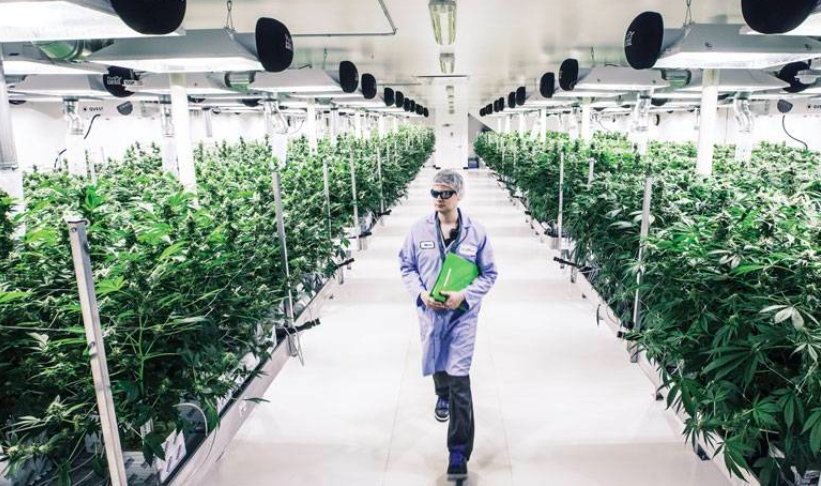Health Canada has clarified that cannabis producers are allowed to provide samples of their products to provincially licensed retailers and their employees, as long as they follow the federal and provincial rules.
Sampling is a common practice in the cannabis industry
Cannabis producers often use sampling as a way to educate and market their products to retailers and their staff, who are also known as budtenders. Budtenders play a key role in influencing consumers’ choices and preferences, as they provide information and recommendations on different cannabis products.
Sampling allows budtenders to experience the products first-hand, and to learn about their quality, potency, effects, and consumption methods. This can help them to better serve their customers and to promote legal and regulated cannabis products.
Health Canada confirms the legality of sampling
Despite some concerns posted online recently, Health Canada has confirmed that cannabis producers can provide samples to provincially licensed cannabis retailers and their employees. In an email to StratCann, a representative of Health Canada affirms that federally licensed cannabis producers are “not prohibited from providing a sample of cannabis to a provincially or territorially authorized retailer (or their employees).”

The email also notes that such samples must comply with all applicable packaging and labelling rules and Good Production Practices—no different than any cannabis products they sell. This, of course, can only be done with the further approval of the provincial regulatory authorities, continues the email to StratCann. “Employees of a provincially or territorially authorized retailer are not prohibited from possessing, distributing, or selling cannabis, provided they do so as part of their employment duties and functions, and in a manner that is consistent with the conditions that apply to their employers’ authorizations. In other words, it’s up to PTs [Provinces and Territories] to regulate whether and how employees of retail stores can possess, distribute (and potentially consume) free samples in the context of their employment duties and functions. Each province or territory could have additional legislation that relates to this type of activity.”
Provincial rules vary on sampling
StratCann also emailed four provinces that have created rules to allow product sampling: British Columbia, Alberta, Saskatchewan, and Ontario. All except Saskatchewan have also confirmed with StratCann that such sampling is compliant with their own rules. Saskatchewan has yet to reply as of press time.
According to the provincial regulations, sampling can only take place at the retail store or the producer’s facility, and only for the purpose of education and training. The samples must be clearly labelled as such, and must not exceed the legal possession limit of 30 grams of dried cannabis or equivalent. The samples must also be stored securely and disposed of properly after use.
Sampling benefits the cannabis sector and consumers
Product sampling has proven to be an effective educational and marketing tool for producers that respects the policy objective of not inducing consumers. Trina Fraser, a lawyer who specializes in serving the cannabis industry, says that sampling is beneficial for both the cannabis sector and consumers. “It allows producers to showcase their products and differentiate themselves in a highly competitive market, and it allows retailers and their staff to gain product knowledge and confidence, which ultimately translates into better customer service and satisfaction,” she says.
Fraser also notes that sampling can help reduce the stigma and misinformation around cannabis, and encourage consumers to switch from the illicit market to the legal one. “Sampling can help dispel some of the myths and stereotypes about cannabis and its effects, and demonstrate the quality and diversity of the legal products available. It can also foster trust and loyalty between producers, retailers, and consumers, and support the growth and innovation of the legal cannabis industry in Canada,” she says.



